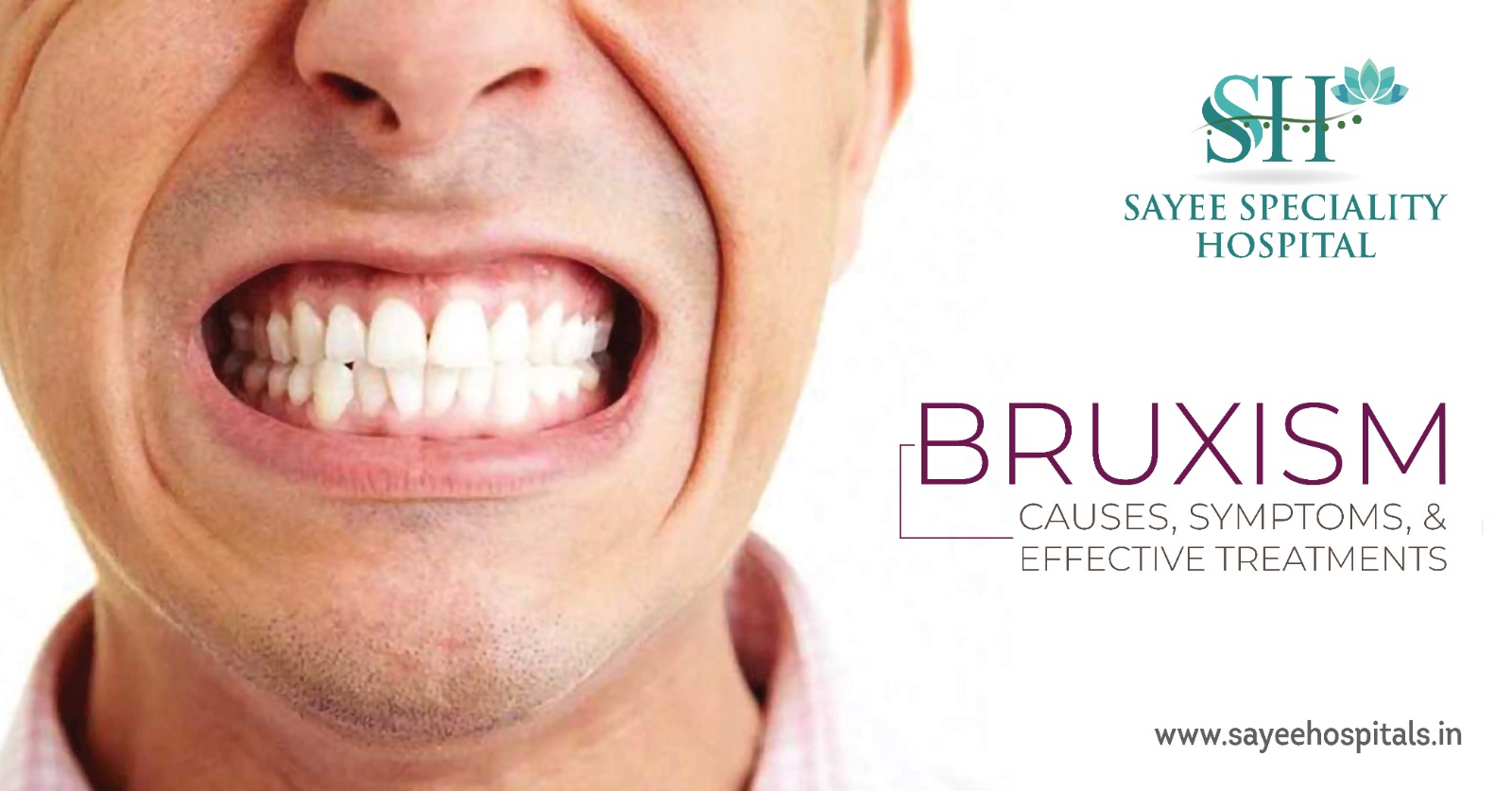Waking up with a sore jaw, headache, or neck pain after a seemingly restful night may be a sign of bruxism, a condition where individuals unconsciously grind their teeth or clench their jaw during sleep. It affects nearly 1 in 10 adults, 15% of adolescents, and up to 50% of children, often leading to chronic discomfort and potential dental issues.
Causes of Teeth Grinding and Clenching
Bruxism is commonly linked to several physical and emotional factors, including:
- Stress, anxiety, and depression – Emotional distress often triggers unconscious jaw clenching.
- Sleep disorders – Conditions like sleep apnea and snoring are associated with nighttime teeth grinding.
- Lifestyle factors – Excessive caffeine intake, alcohol consumption, smoking, and dehydration can contribute to bruxism.
- Dental issues – Misaligned teeth can cause an imbalance, leading to grinding.
- Genetics – Some people inherit a tendency for bruxism.
- Changes in sleep habits – Altered sleep patterns may increase the risk.
- Allergies – Congestion from allergies may lead to mouth breathing and jaw tension.
Symptoms of Bruxism
Bruxism can cause several painful and uncomfortable symptoms, including:
- Frequent headaches and earaches
- Jaw pain and stiffness
- Sensitive or worn-down teeth
- Sore gums and fractured teeth
- Neck pain and facial discomfort
- Clicking sounds in the jaw when eating or talking
- Fatigue from disrupted sleep
Effective Remedies for Teeth Grinding
Managing bruxism requires addressing both its symptoms and underlying causes. Some first-line remedies include:
- Stress management – Relaxation techniques such as deep breathing, meditation, or yoga can help reduce teeth clenching.
- Mouthguards – Wearing a custom-fit mouthguard at night protects teeth from damage.
- Correcting misalignment – Braces may help reposition teeth and relieve strain.
- Proper sleep posture – Sleeping on the side or back can reduce pressure on the jaw.
- Regular dental checkups – Early detection prevents further complications.
- Jaw therapy and massage – Physical therapy, heat therapy, and acupuncture provide relief.
Advanced Treatment Options
For severe cases, additional treatments may be necessary, such as:
- Muscle relaxants or pain medications to ease jaw tension.
- Botox injections to relax the jaw muscles.
- Fluoroscopic or ultrasound-guided injections for targeted pain relief.
- Transcutaneous Electrical Nerve Stimulation (TENS) to improve muscle function.
Bruxism can lead to serious dental and health complications if left untreated. Identifying its causes and following an effective treatment plan can significantly reduce pain and improve overall well-being.
